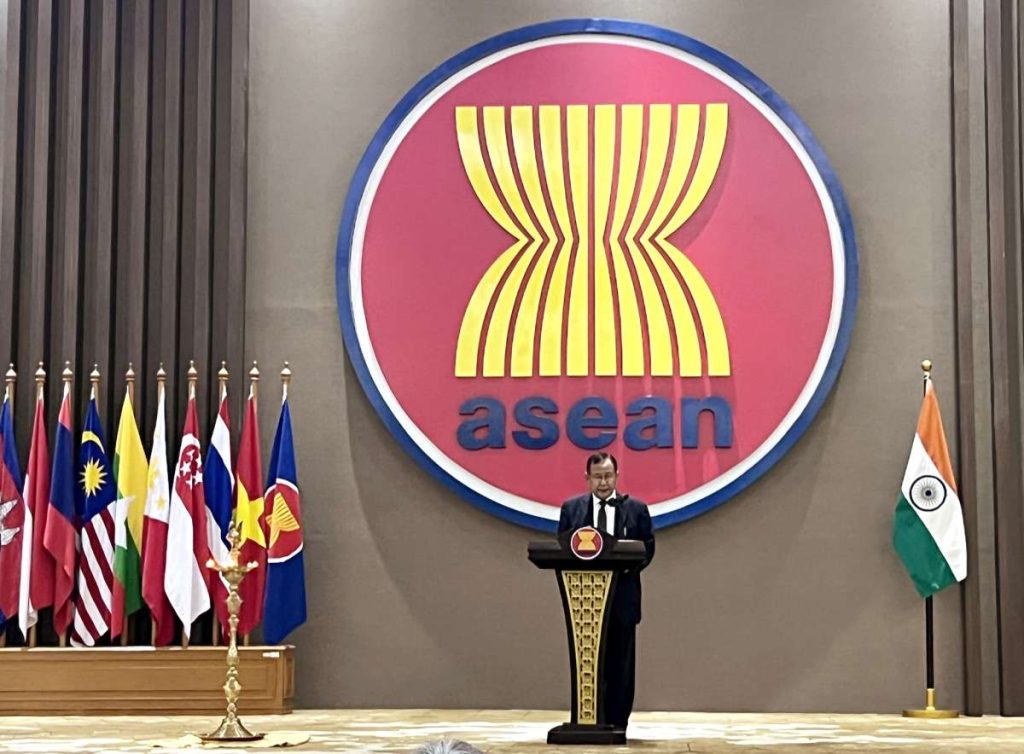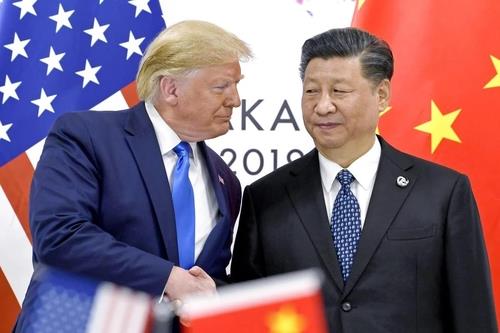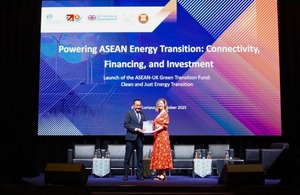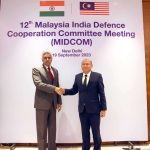Malaysia’s foreign minister warned ASEAN is losing neutrality amid rising global power competition, ahead of the bloc’s annual summit….reports Asian Lite News
Malaysia’s foreign minister has warned Southeast Asian counterparts that the Association of Southeast Asian Nations (ASEAN) is losing its ability to remain neutral as global power competition intensifies, setting a sober tone ahead of the bloc’s annual summit.
“As the international landscape becomes increasingly dominated by contestation rather than consensus, division rather than dialogue, ASEAN finds itself at a crossroads,” Foreign Minister Mohamad Hasan said on Saturday at a ministerial meeting in Kuala Lumpur. “Our space for neutrality and centrality is narrowing, particularly in areas such as trade, technology, and regional security,” he added, urging member states to remain independent and united amid intensifying geopolitical rivalries.
The meeting serves as a curtain-raiser for the ASEAN Summit, which begins Sunday, followed by two days of high-level meetings with major global partners including China, Japan, India, Australia, Russia, South Korea, and the United States. Leaders are expected to focus on regional security, economic resilience, and maritime disputes, with U.S. tariffs and shifting trade dynamics looming large over discussions.

The gathering also coincides with U.S. President Donald Trump’s first trip to Asia since returning to the White House, marking his first participation in an ASEAN meeting since 2017 and the first direct U.S. presidential involvement in the bloc since Joe Biden attended in 2022. Officials said Trump is expected to witness the signing of new trade agreements, including one with Malaysia, and preside over the expansion of a ceasefire deal between Thailand and Cambodia following border clashes earlier this year. The deal, brokered in Kuala Lumpur in July with ASEAN’s support, helped de-escalate tensions and reinforced the bloc’s mediating role. Trump’s itinerary also includes visits to Japan and South Korea.
Analysts say the U.S. leader’s visit signals renewed attention to Asia amid rising Chinese influence. “Trump’s presence reflects a rare moment of direct U.S. engagement in the region,” said Joanne Lin, co-coordinator at Singapore’s ISEAS–Yusof Ishak Institute. “But more than deepening U.S. involvement, this visit is about visibility. Trump wants to project himself as a global dealmaker at a time when his domestic policies, especially tariffs, have unsettled partners in the region.”
Security has been tightened across Kuala Lumpur ahead of protests over Trump’s stance on Palestine. Malaysian Prime Minister Anwar Ibrahim said peaceful demonstrations would be permitted but vowed that the summit would proceed smoothly. While acknowledging criticism of Trump’s past comments about Muslims, Anwar credited the U.S. president for helping broker a fragile Gaza ceasefire earlier this year. “It is near impossible under normal terms,” Anwar said, but he noted Malaysia would still raise the unresolved Palestinian issue during bilateral talks.
The summit marks a milestone as ASEAN welcomes East Timor as its newest member — the first addition to the bloc in 26 years. “Welcoming this young democracy strengthens not only our collective resolve but also our capacity to meet future challenges together,” Hasan said. East Timor, or Timor-Leste, gained independence in 2002 after a brutal 24-year Indonesian occupation and now seeks to diversify an economy long dependent on oil and gas. Membership opens access to ASEAN’s free trade agreements and wider regional markets, a crucial step for its long-term growth.
Leaders will also meet under the framework of the Regional Comprehensive Economic Partnership (RCEP), the world’s largest trade bloc linking ASEAN with China, Japan, South Korea, Australia, and New Zealand. The forum reconvenes for the first time since 2020 as regional economies look to stabilize amid renewed trade tensions and the effects of U.S. tariffs.
Regional flashpoints such as the South China Sea dispute, Myanmar’s civil war, and the spread of transnational scam networks are expected to dominate side discussions. ASEAN is set to finalize an upgraded trade pact with China and continue work on a long-awaited code of conduct for the contested maritime region. Myanmar’s military junta remains barred from attending after failing to implement the bloc’s 2021 Five-Point Consensus for peace. The regime’s planned December elections, widely dismissed as neither free nor fair, have placed ASEAN in a difficult position. Thai Foreign Ministry spokesperson Nikorndej Balankura said Bangkok may send observers but emphasized that participation “would not mean endorsement,” adding, “The democratic process of Myanmar does not end at the elections.”
As major powers vie for influence, Malaysia’s warning underscored growing unease within ASEAN about being forced to take sides in an increasingly polarized world. “We must continue to act as the speakers, not the spoken for,” Hasan urged.














